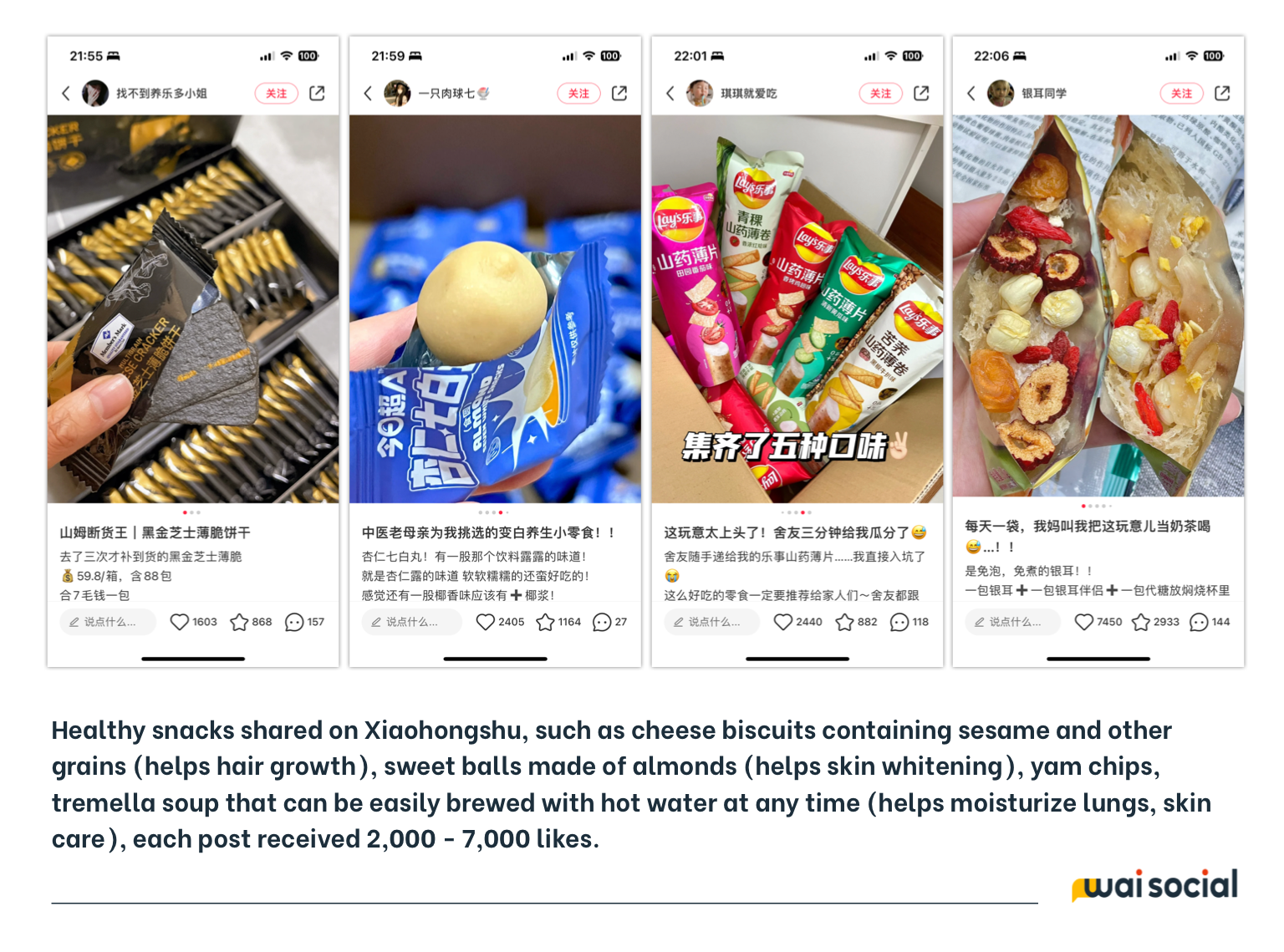China marketing latest trends: November 2022
This is a series from our weekly newsletter in which we cover consumers, marketing, platform, economic and tech trends that brands in China need to know. Get the latest TRENDS newsletter edition sent directly to your inbox instead of having to visit our website next time.
Three trends we think you'll find interesting
🎥 Live-streaming exposes founders in a new way; Gossip leads to flash sales
⚽️ The Metaverse at The Cup; How China is bringing the World Cup to fans via the Metaverse
🍠 Young consumers with a taste for tradition; New snack trend alert
Live-stream selling exposes Chinese entrepreneurs
Food brand “Maliuji” (麻六记) did over $700,000 in sales of their hot & sour rice noodles in just two days thanks to one of the founders, Zhang Lan’s, exposure on social media.
An entrepreneur’s personal brand can have a huge impact on his/her business, especially in the era of live-stream selling where many Chinese entrepreneurs now directly participate in brand product sales via their own personal live-stream accounts. As a result, it is becoming common for gossip to trigger flash highs or lows.
Zhang Lan, (well-known for being the founder of South Beauty 俏江南) spilled some tea on social media 🍵 surrounding Lan’s ex-daughter in-law, Taiwanese actress Xu Xiyuan, and her unfair handling of family disputes. This exposure drew thousands and hundreds of curious onlookers to follow the drama.
Although the content involved a private dispute, Zhang Lan's personal qualities, such as “being frank and outspoken”, "distressed for the grandchildren” and her “hands-on support for family businesses” received a lot of praise for being in line with traditional Chinese values. This gossip became a highly searched topic on major social media channels including Xiaohongshu (RED), Weibo, and Douyin. Many powerful KOLs took the initiative to post their support for this 65-year-old Chinese female entrepreneur. The attention also impacted sales of the food brand “Maliuji” (麻六记), jointly operated by Zhang Lan and her son. According to reports, they sold out over 5 million yuan hot and sour rice noodles (酸辣粉) in a live-stream within two days.
The World Cup in the Metaverse
Virtual idols and AR won over Chinese football fans this year at the World Cup. Virtual TV hosts and virtual KOLs (Key Opinion Leaders, aka influencers) have been noticeably present during the games this year helping to stir up engagement and excitement for the global event.
All of these make the public feel that the Metaverse is ambitiously integrating into the Chinese mass market from a niche space, and it will become more and more prevalent at large-scale events like the World Cup, making experiences more accessible and more interactive than ever before.
Young consumers favor snacks made with Chinese traditional health-preserving ingredients
China's traditional culture of "food is paramount” (民以食为天) coincides perfectly with the psychology of "relieving anxiety through indulgence in food”. While consumers in China are still dealing with the heavy impact of pandemic control measures, food acts not only as a way to relieve stress, but also more emphasis is placed on wellness benefits than ever before.
Chinese traditional health-preserving ingredients such as yam, sweet potato, red bean, tremella (银耳), lotus seeds, almond, sesame, etc. have been made into a variety of delicious snacks that can be enjoyed at any time. This new rising category is replacing the popular fried and puffed ‘fast and convenient foods in the past and is becoming a new trend favored by young people.






